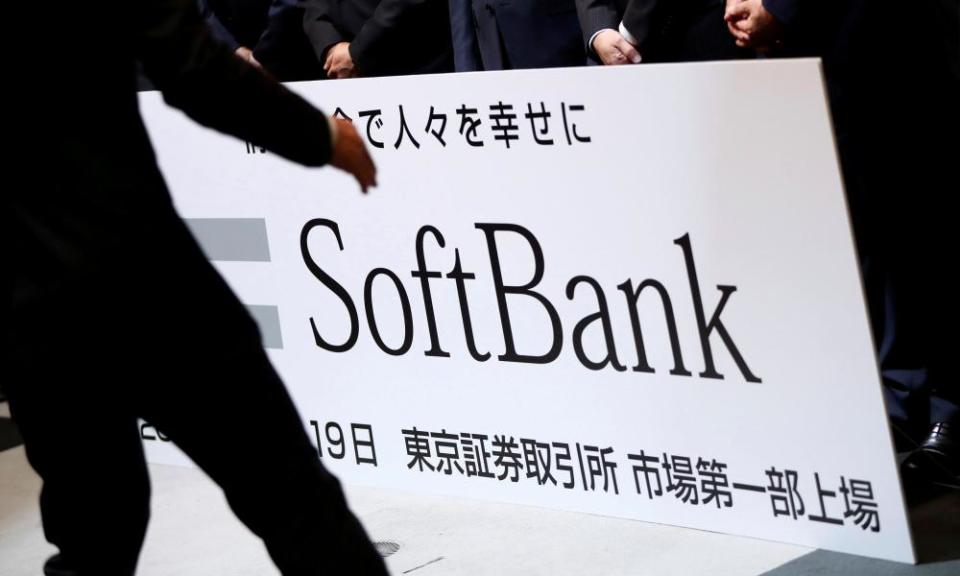WeWork's IPO delay a blow to Japanese investment giant Softbank

WeWork’s decision to delay its public share offering after a lacklustre response from investors comes as a blow to Softbank, the Japanese investment giant that has thrown serious sums at several successful tech “unicorns” – and watched as some companies it has backed have floundered.
The WeWork delay saves Softbank, the brainchild of Japanese billionaire Masayoshi Son, from having to write down the value of its $10.65bn investment in WeWork through its Saudi-backed Vision Fund.
Last week Softbank was reportedly urging WeWork, or the We Company as it is now known, to postpone its offering. Valuation of the company dropped to around $5bn- $10bn, less than a quarter of the $47bn originally envisioned.
According to the Wall Street Journal, WeWork is expected to wait until mid-October “at the earliest” to start its investor roadshow. Softbank, its largest investor, reportedly wants the share offering pushed back further.
WeWork is in a bind: it must launch its IPO by the end of the year if it is to qualify for the $6bn loan it needs to fund an aggressive expansion program. On Tuesday, the value of WeWork bonds fell, on concerns that $3bn it hoped to raise through the stock market offering may no longer be forthcoming.
For SoftBank’s Son, whose estimated net worth is $23bn, the failure of WeWork comes uncomfortably soon after Uber, another loss-making SoftBank investment, went public.
The Vision Fund reportedly lost some $600m on its investment in Uber when the ride-share company’s shares declined after it was floated in New York. An investment in the workplace-chat app Slack has also underperformed. Shares dropped 30% after going public in June.
When it launched in 2017, the $100bn mega-fund was supposed to change tech investment. It would dish out installments of at least $100m, allowing tech companies to remain privately held for longer periods and then come to market at stratospheric valuations.
Vision Fund amassed a formidable portfolio of about 80 investments in artificial intelligence, semiconductors, e-commerce, transportation and healthcare.
Uber’s disappointments and WeWork’s chaotic path may make it far more difficult for Softbank to raise money for a $108bn fund, Vision Fund II, meant to pump further capital into tech.
According to Bloomberg, Saudi Arabia’s Public Investment Fund, which contributed $45bn to the Vision Fund, is planning to limit its exposure by placing only profits from that investment into the successor, while Abu Dhabi’s Mubadala Investment, which invested $15bn, is considering limiting future investment to less than $10bn.
That still leaves an odd consortium of investors, including Apple, Goldman Sachs and the government of Kazakhstan.
Softbank is reported to be in talks with Microsoft, and reportedly told it it would push the companies in its fund to shift from the Amazon cloud platform to Microsoft.
